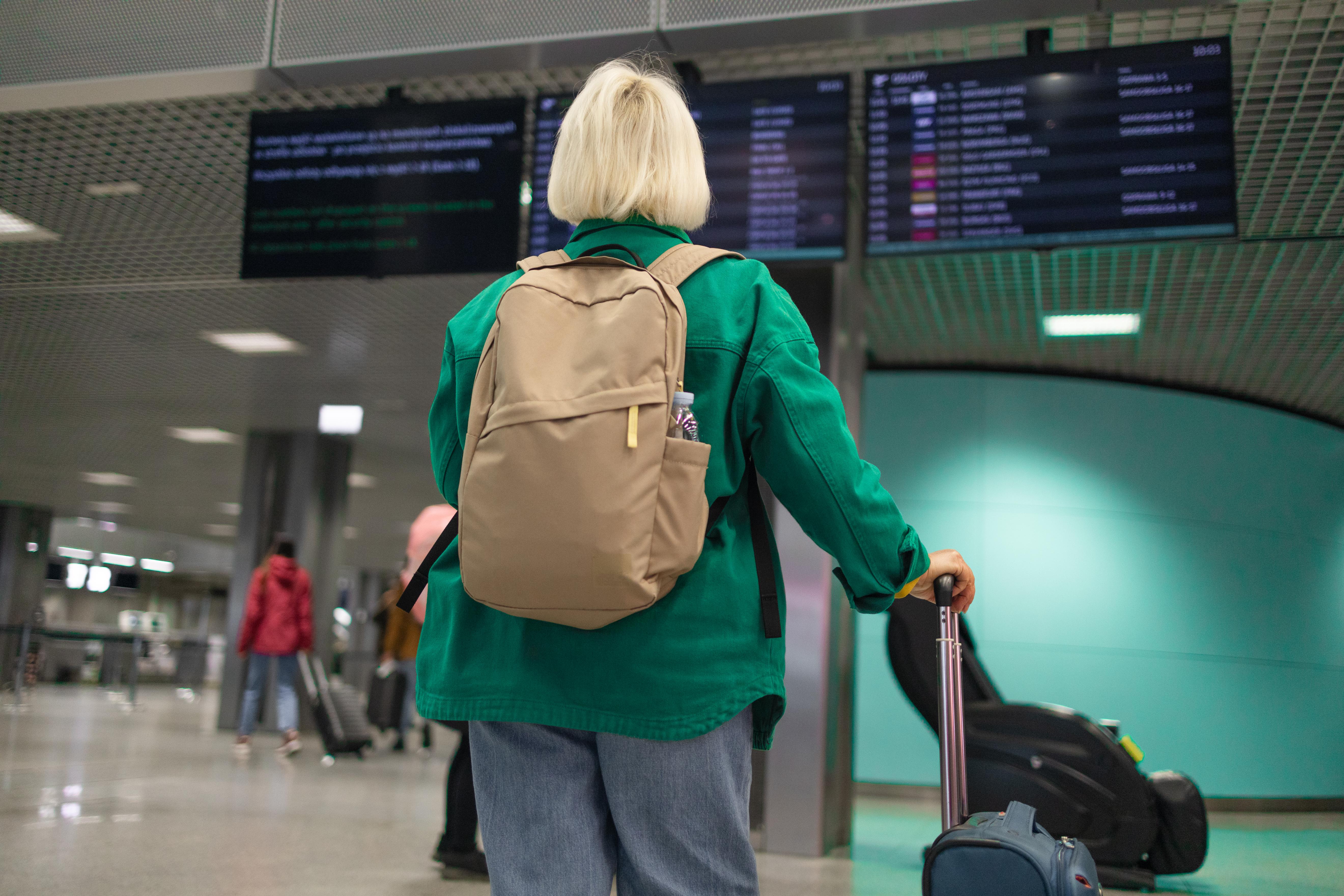23 Countries the U.S. Warns Americans Against Visiting Now: The Full Story
In our hyper-connected 2025, the allure of global exploration is stronger than ever, yet the world remains a tapestry of complex, ever-shifting realities. For Americans venturing abroad, staying informed isn't just wise—it's crucial. The U.S. State Department acts as a vital navigator, issuing advisories that cut through the noise. But what’s the real story behind these warnings? We’re diving deep into 23 countries currently flagged for American travelers, from those demanding extreme caution to destinations with newly highlighted concerns. Forget dry summaries; we’ll uncover the specific risks, the nuanced local contexts, and the ingenious insights you need to make truly informed decisions, ensuring your adventures are memorable for all the right reasons.
1. Afghanistan: Perpetual Peril
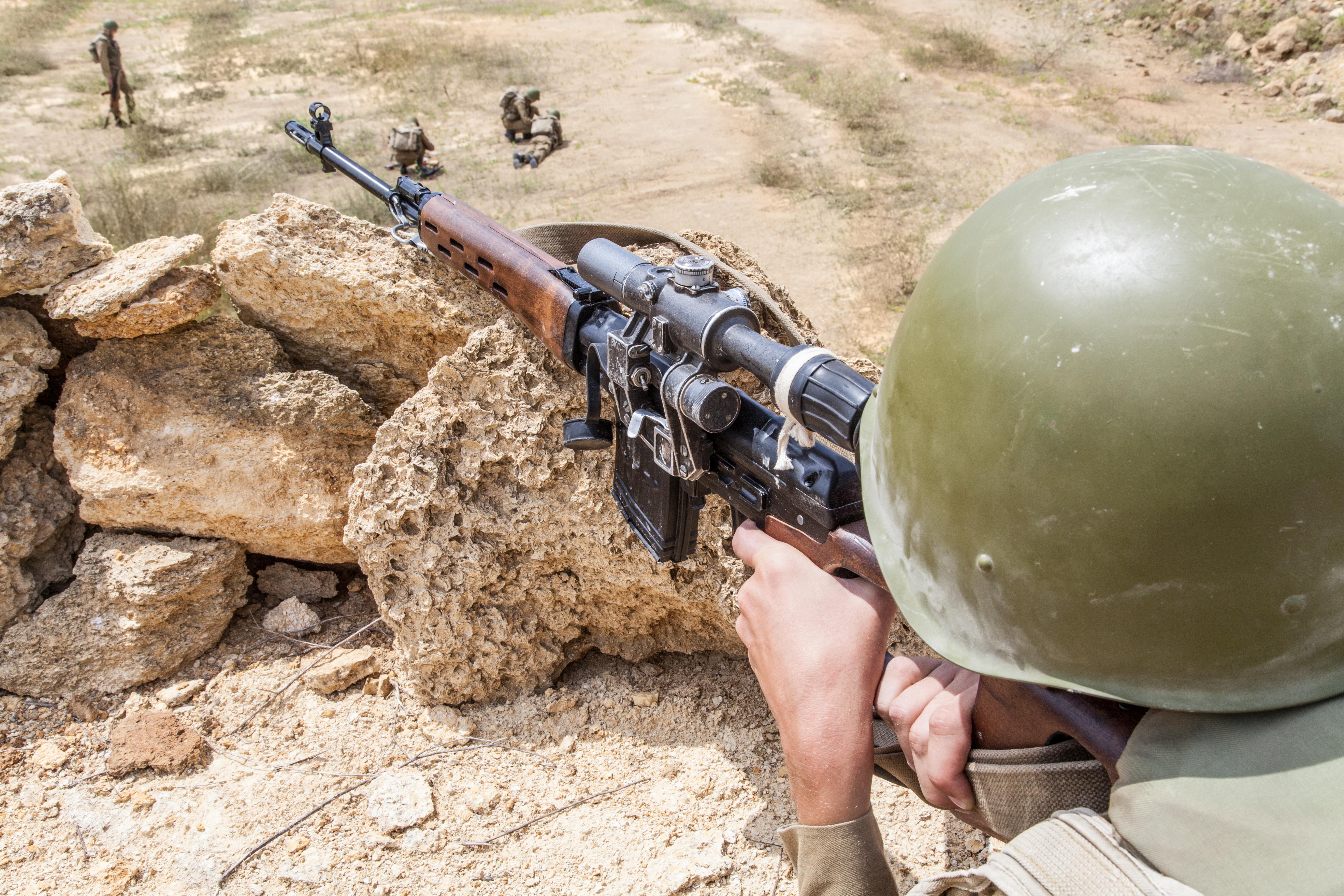
The "Do Not Travel" advisory remains ironclad. The Taliban's control means extreme risk of wrongful detention, kidnapping, and terrorism targeting U.S. citizens. Basic rule of law is absent, and the U.S. has no consular presence to assist. Beyond the obvious dangers of political instability and extremist violence, the collapse of infrastructure means even accidental injury can become life-threatening. The full story? It’s a beautiful land tragically off-limits due to profound, multifaceted dangers with no safety net for Americans.
2. Belarus: Russia's Ally, Risky Territory

Still firmly under a "Do Not Travel" warning, Belarus's complicity with Russia in the Ukraine conflict and its arbitrary enforcement of laws pose severe risks. U.S. citizens face potential harassment, detention without due process, and the alarming possibility of being singled out due to their nationality. The limited U.S. consular support further amplifies dangers. The full story isn't just political tension; it's the tangible risk of becoming a pawn in a larger geopolitical game, with your rights and safety highly vulnerable.
3. Burkina Faso: Escalating Extremist Threat
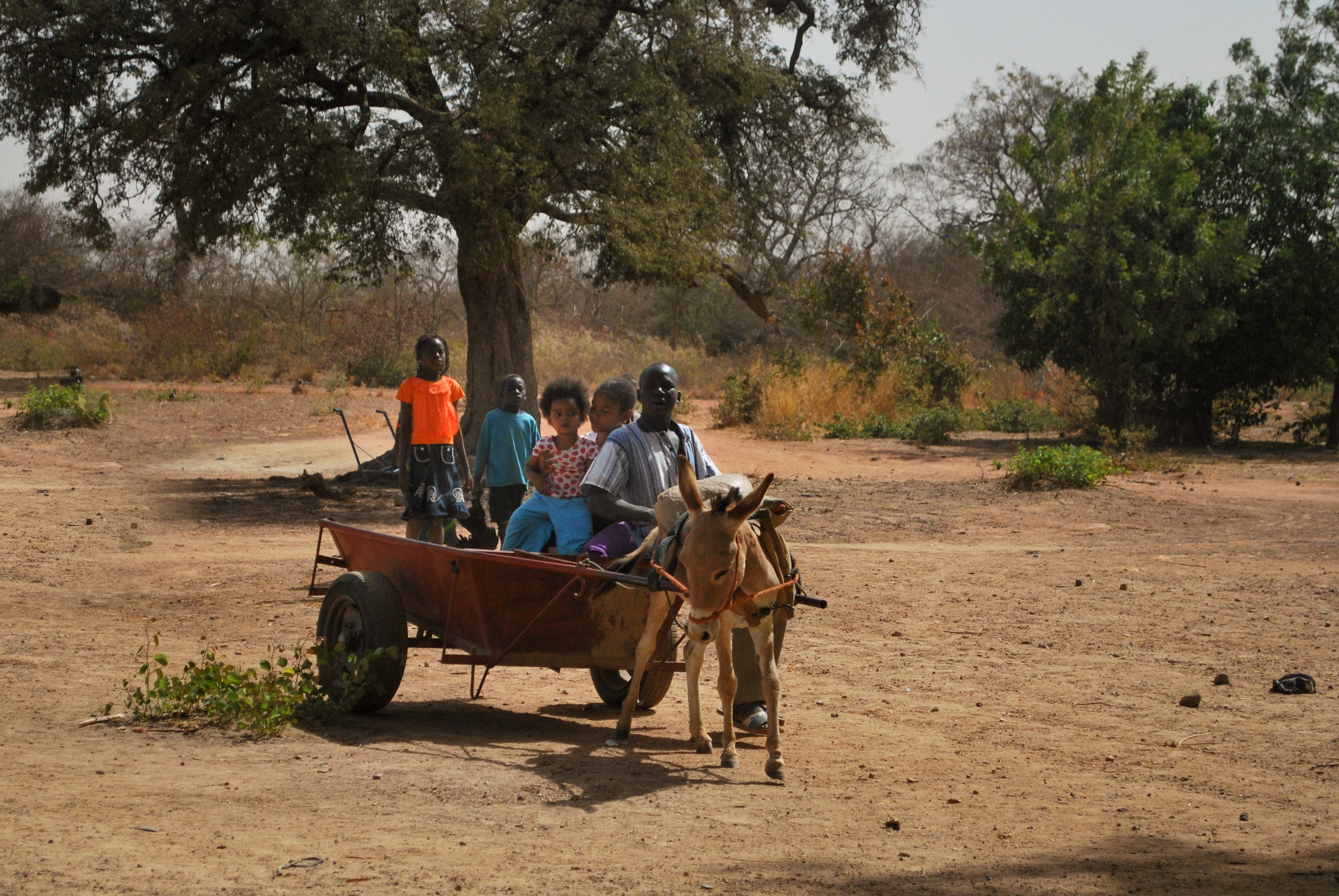
A "Do Not Travel" advisory reflects Burkina Faso's dire security situation, particularly in border regions with Mali and Niger. Violent extremism, terrorism, kidnapping, and widespread crime are rampant. Armed groups operate with increasing impunity, targeting both locals and Westerners. The government's ability to provide security is severely limited outside the capital. The full story is one of a nation grappling with a rapidly deteriorating security crisis, making any travel exceptionally dangerous and ill-advised for Americans.
4. Central African Republic (CAR): Lawlessness & Armed Conflict

The CAR remains under a strict "Do Not Travel" advisory due to widespread armed conflict, rampant crime including robbery and kidnapping, and near-total collapse of state authority outside Bangui. Rebel groups control vast territories, and inter-communal violence is frequent. U.S. citizens face extreme risks, with virtually no consular support available. The full story is a nation caught in a cycle of violence and instability, rendering it one of the most dangerous places on earth for any foreign traveler.
5. Haiti: Descent into Chaos
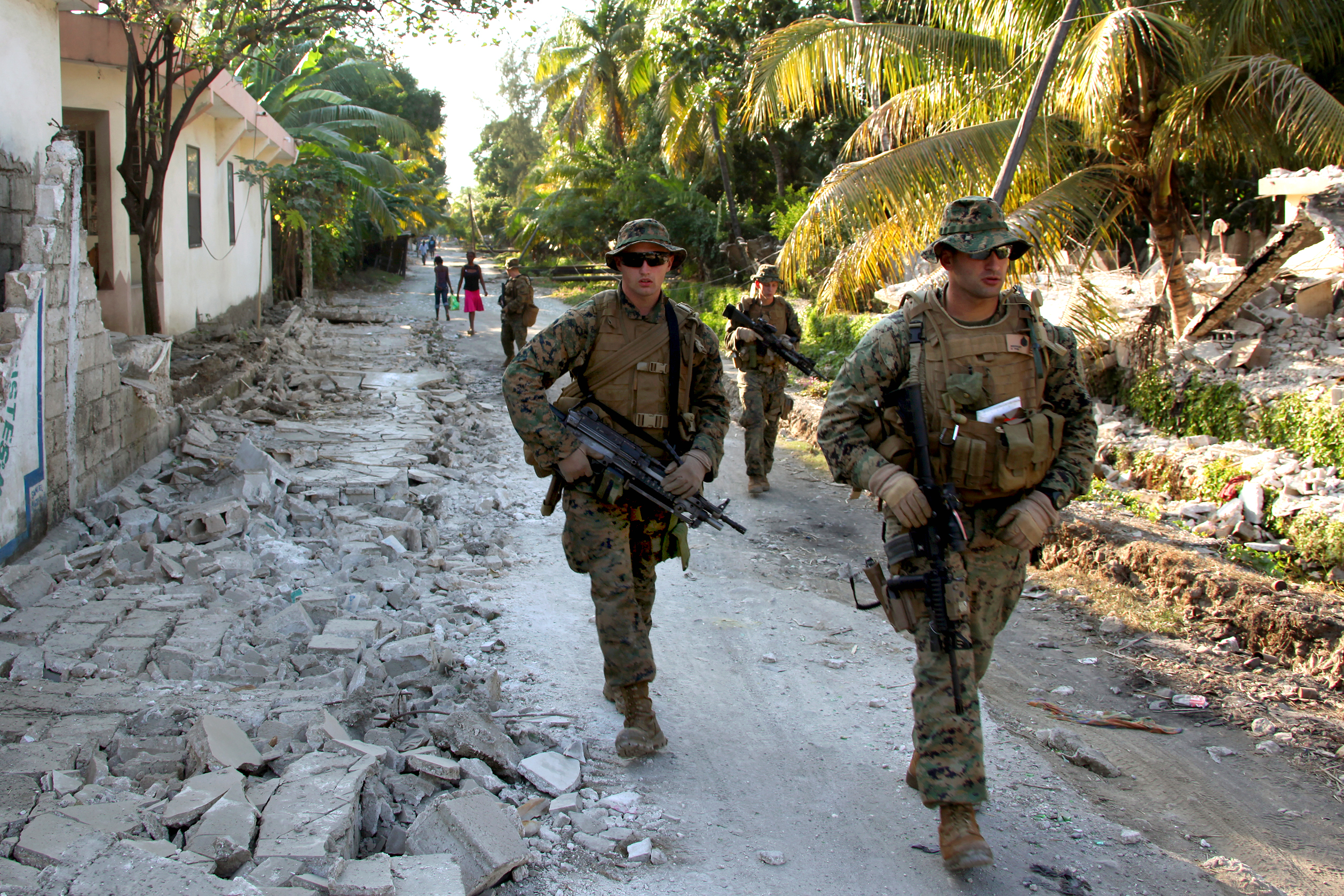
The "Do Not Travel" advisory for Haiti is more critical than ever. Extreme gang violence, rampant kidnappings for ransom (targeting Americans), fuel shortages, and political paralysis have created a humanitarian and security catastrophe. Armed gangs control key infrastructure, including routes to and from the airport, making movement incredibly perilous. Basic services are collapsing. The full story is a nation in profound crisis, where the safety of U.S. citizens cannot be guaranteed under any circumstances.
6. Iran: Extreme Detention Risk & Hostility
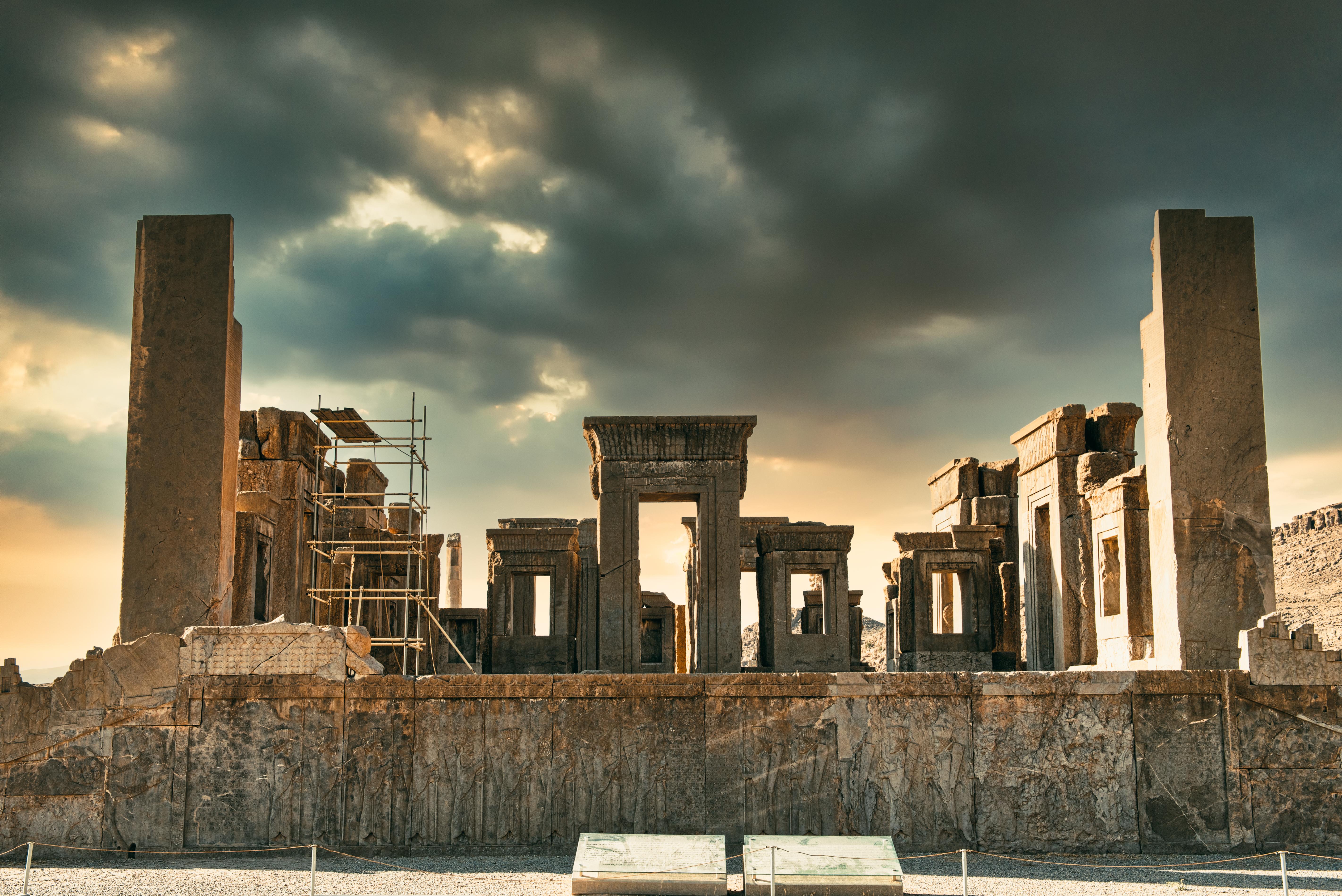
Iran is under a "Do Not Travel" advisory due to the severe risk of wrongful detention and kidnapping of U.S. citizens, particularly dual nationals. The Iranian government continues to arbitrarily detain foreigners on vague charges, using them as political leverage. Consular access for detained U.S. citizens is often denied. The full story is the acute danger posed by a hostile regime that views American travelers with deep suspicion, making any visit an unacceptable gamble with personal liberty.
7. Iraq: Persistent Terrorism & Armed Conflict
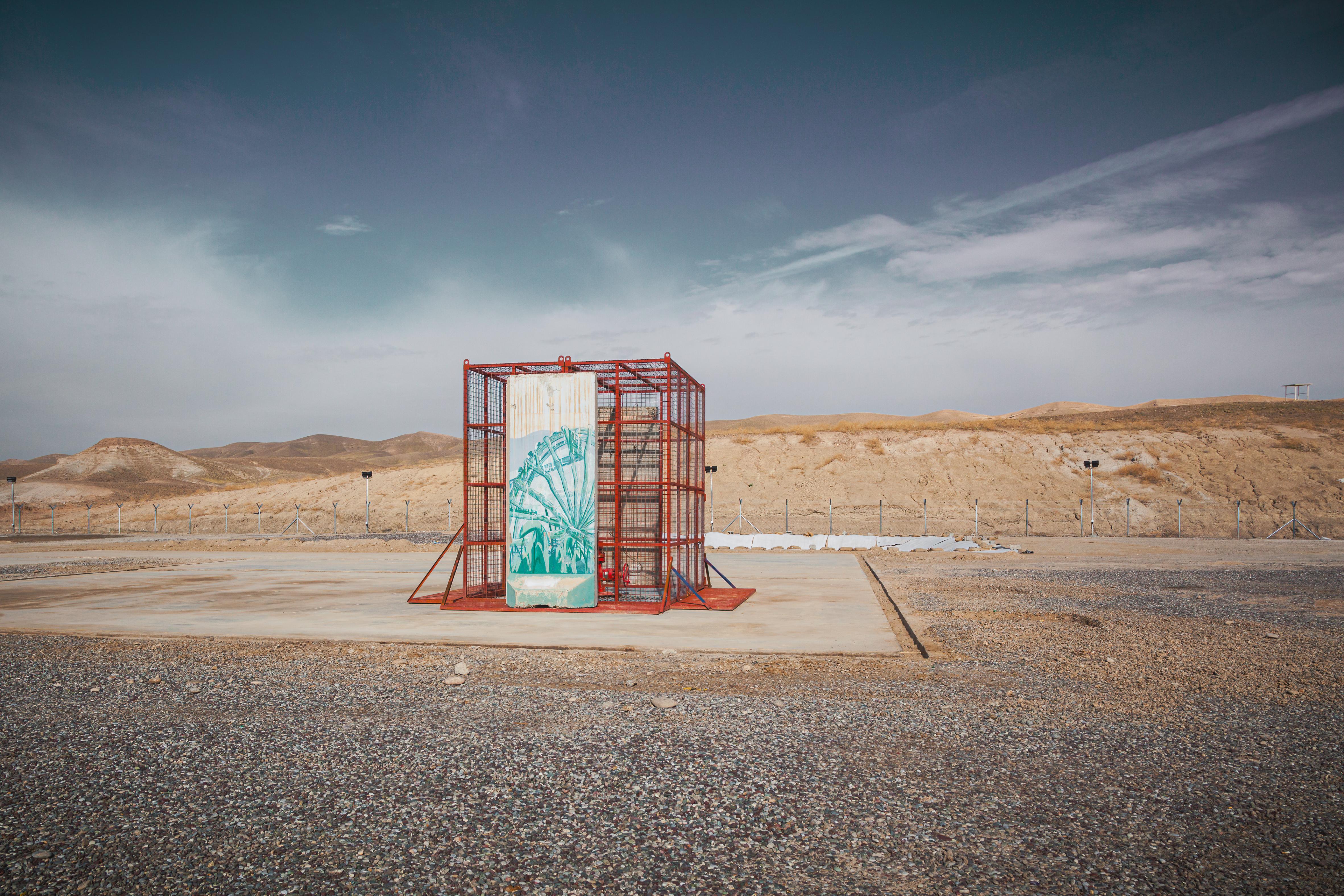
A "Do Not Travel" advisory remains for Iraq due to terrorism, kidnapping, armed conflict, and civil unrest. Militias and extremist groups continue to operate, targeting U.S. citizens and Western interests. Improvised explosive devices (IEDs) and rocket attacks are ongoing threats. Even in areas perceived as safer, the risk of violence is high. The full story is a country still grappling with deep-seated instability and active threats, where the security environment is volatile and extremely dangerous for Americans.
8. Libya: Civil War's Lingering Shadow
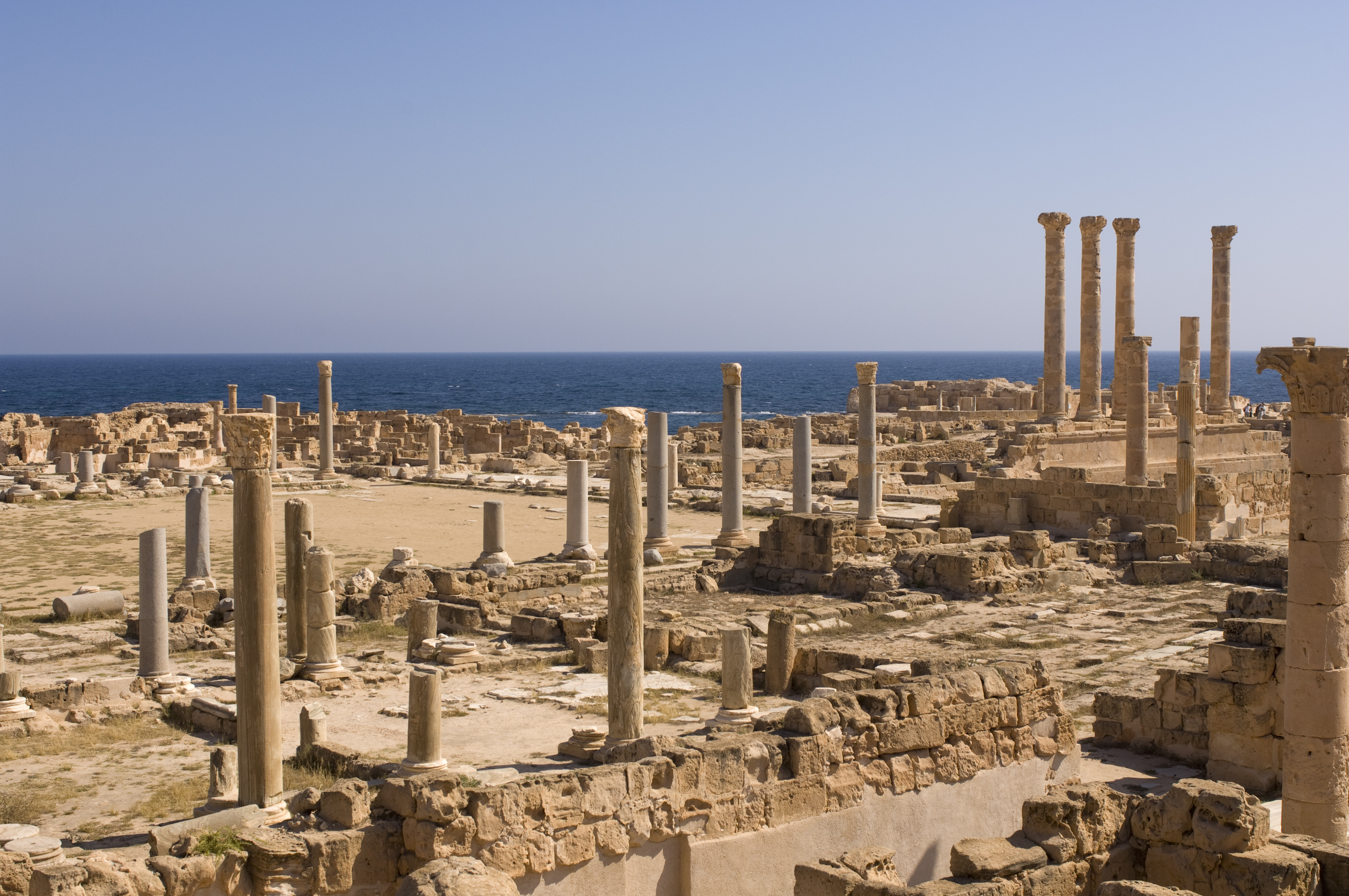
Libya is under a "Do Not Travel" advisory due to ongoing armed conflict, high levels of crime, terrorism, and kidnapping. Multiple armed factions vie for control, leading to a lawless and unpredictable security environment. Foreigners, especially U.S. citizens, are high-value targets for criminal and terrorist groups. The U.S. government has extremely limited ability to provide emergency services. The full story is a fractured nation where active conflict and anarchy make travel unacceptably dangerous.
9. Mali: Jihadist Insurgency & Kidnapping Hotspot

The "Do Not Travel" advisory for Mali highlights the extreme risks from terrorism, kidnapping, and violent crime, particularly in central and northern regions but increasingly affecting Bamako. Al-Qaida and ISIS-affiliated groups are active, frequently targeting Westerners. The government's control is weak outside major urban centers. The full story is a nation battling a deeply entrenched insurgency, making it one of West Africa's most perilous destinations for any American traveler.
10. Myanmar: Post-Coup Repression & Civil Unrest

A "Do Not Travel" advisory reflects the severe risks following the 2021 military coup. Arbitrary detention of foreigners, including U.S. citizens, widespread civil unrest, armed conflict in multiple regions, and suppression of basic freedoms are critical concerns. The regime shows little regard for due process. The full story is a nation under repressive military rule with active internal conflicts, where foreigners can easily become targets or get caught in violence with no reliable legal recourse.
11. North Korea (DPRK): No Consular Protection, Extreme Risk
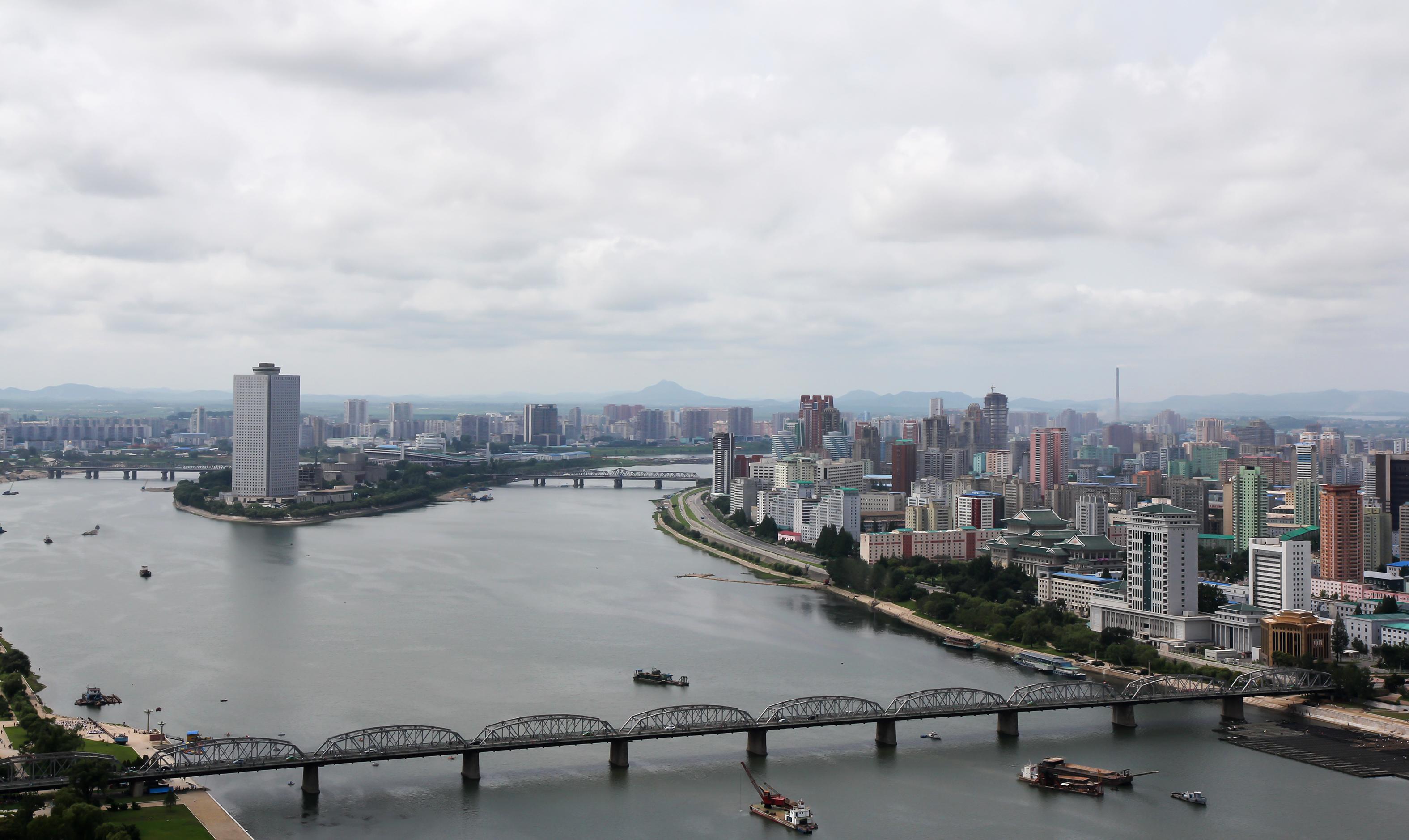
The "Do Not Travel" advisory for North Korea is absolute. U.S. passports are invalid for travel to, in, or through the DPRK without special validation. The risk of arrest and long-term detention for actions that would not be considered criminal elsewhere is exceptionally high. The U.S. has no diplomatic relations and cannot provide consular services. The full story is a totalitarian state with an opaque legal system where U.S. citizens face grave, unpredictable dangers.
12. Russia: Arbitrary Enforcement & Wrongful Detentions

Russia remains under a "Do Not Travel" advisory due to the unpredictable consequences of its war in Ukraine, the potential for harassment and wrongful detention of U.S. citizens by Russian security officials, and the arbitrary enforcement of local law. The U.S. Embassy has limited ability to assist. The full story is heightened anti-American sentiment and a legal system that can be weaponized against U.S. citizens, making travel exceptionally risky.
13. Somalia: Terrorism, Piracy & Anarchy
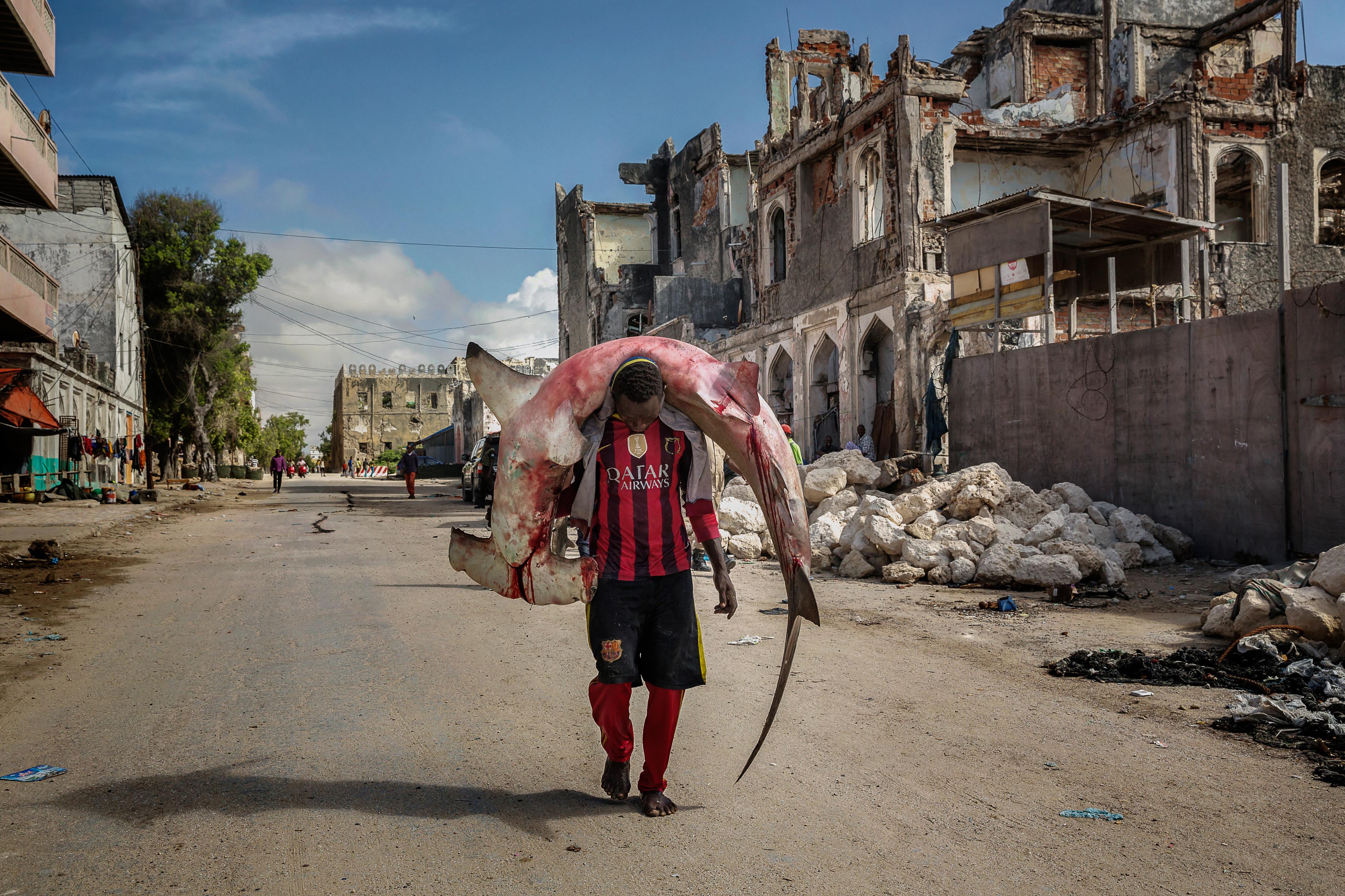
The "Do Not Travel" advisory for Somalia underscores the extreme danger from terrorism (al-Shabaab), piracy off the coast, kidnapping, and widespread violent crime. The central government has limited control outside Mogadishu, and even there, security is precarious. There is no U.S. diplomatic presence. The full story is a nation grappling with decades of conflict and lawlessness, where foreigners are prime targets and safety is non-existent in many areas.
14. South Sudan: Civil Conflict & Humanitarian Crisis

South Sudan is under a "Do Not Travel" advisory due to ongoing armed conflict, violent crime (including carjackings, shootings, and kidnappings), and a severe humanitarian crisis. Inter-communal violence is widespread, and foreigners can be caught in the crossfire. The U.S. government has very limited ability to provide assistance. The full story is a young nation plagued by internal conflict and dire conditions, making it exceptionally dangerous for any travel.
15. Sudan: Widespread Violence & Civil War

The "Do Not Travel" advisory for Sudan reflects the current devastating civil war between rival military factions. Widespread fighting, indiscriminate shelling, rampant looting, and collapse of essential services make the country incredibly dangerous. Airports are often closed, and overland travel is perilous. The full story is a nation engulfed in a brutal conflict, leading to a catastrophic humanitarian situation and extreme risk for any foreigners remaining or entering.
16. Syria: Active War Zone & Terrorism
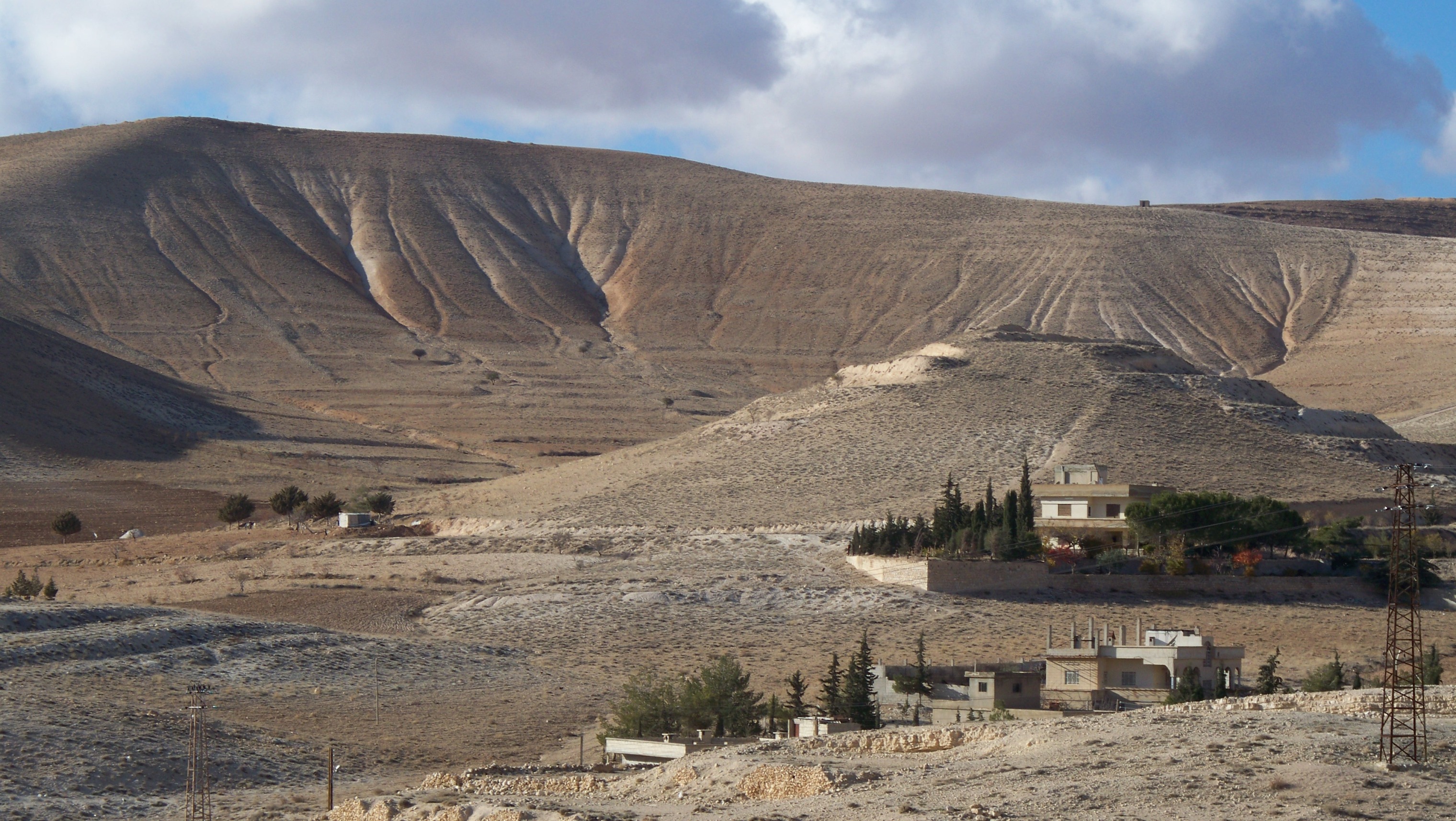
A "Do Not Travel" advisory has been in place for Syria for over a decade due to active armed conflict, terrorism, civil unrest, and kidnapping. The Assad regime, various rebel groups, and extremist factions continue to operate. U.S. citizens are specific targets. No part of Syria is safe from violence. The full story is an ongoing, brutal war zone with no U.S. consular presence, making it one of the world's most dangerous countries.
17. Ukraine: Active Armed Conflict with Russia

Ukraine remains under a "Do Not Travel" advisory due to Russia's full-scale invasion and ongoing war. Active combat, missile strikes, and shelling occur throughout the country, including in areas far from the front lines. The security situation is highly volatile and unpredictable. The U.S. Embassy's ability to provide services is extremely limited. The full story is an active, high-intensity war zone with significant risk to civilian lives.
18. Venezuela: Wrongful Detentions & Collapsed State
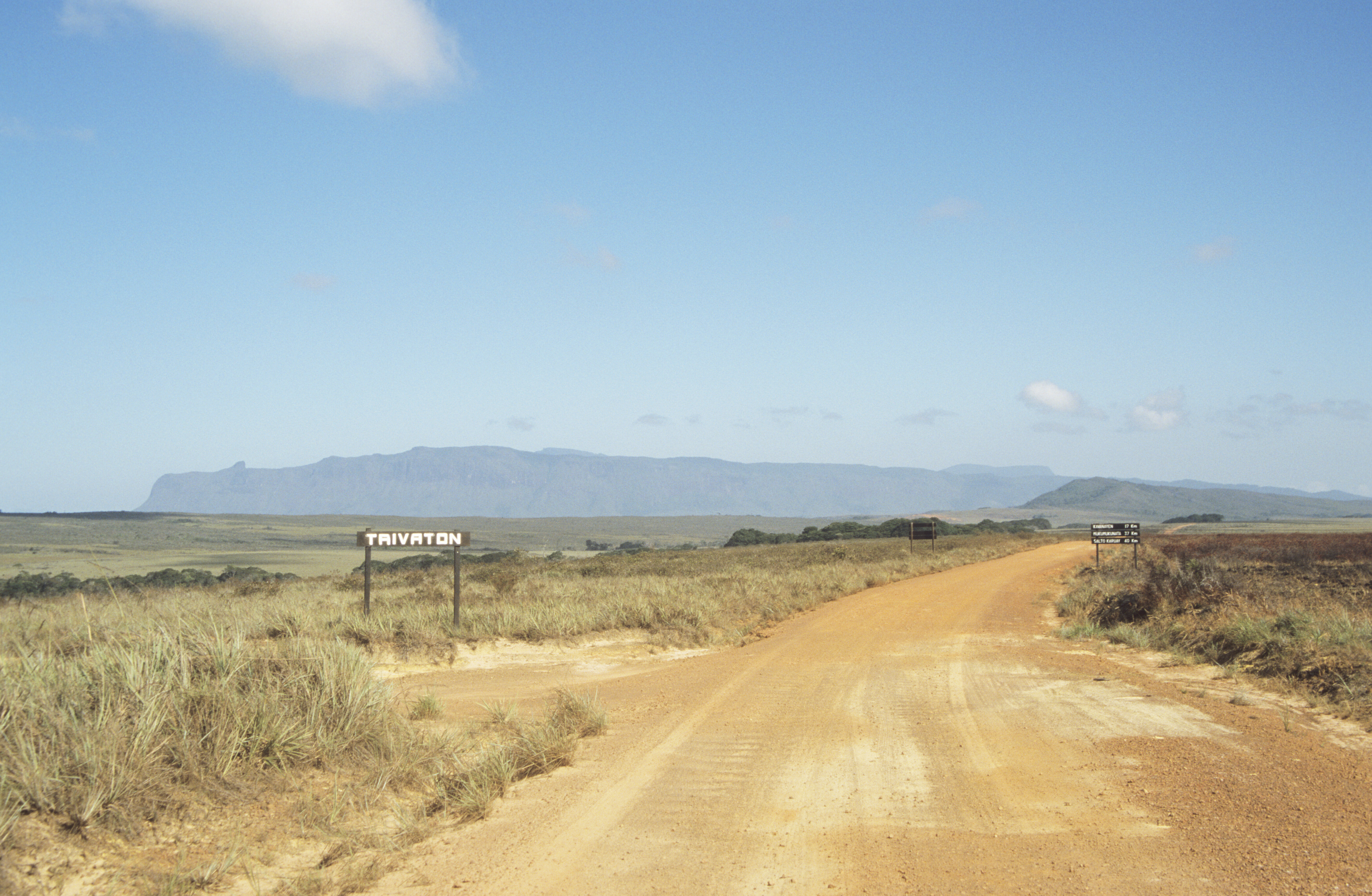
The "Do Not Travel" advisory for Venezuela highlights arbitrary arrest and detention of U.S. citizens, pervasive violent crime, civil unrest, and the near-total collapse of infrastructure and basic services. The Maduro regime has detained U.S. citizens without due process for political leverage. The U.S. has no embassy operations. The full story is a nation in deep crisis with a hostile government, making it extremely unsafe for Americans.
19. Yemen: War, Terrorism & Famine
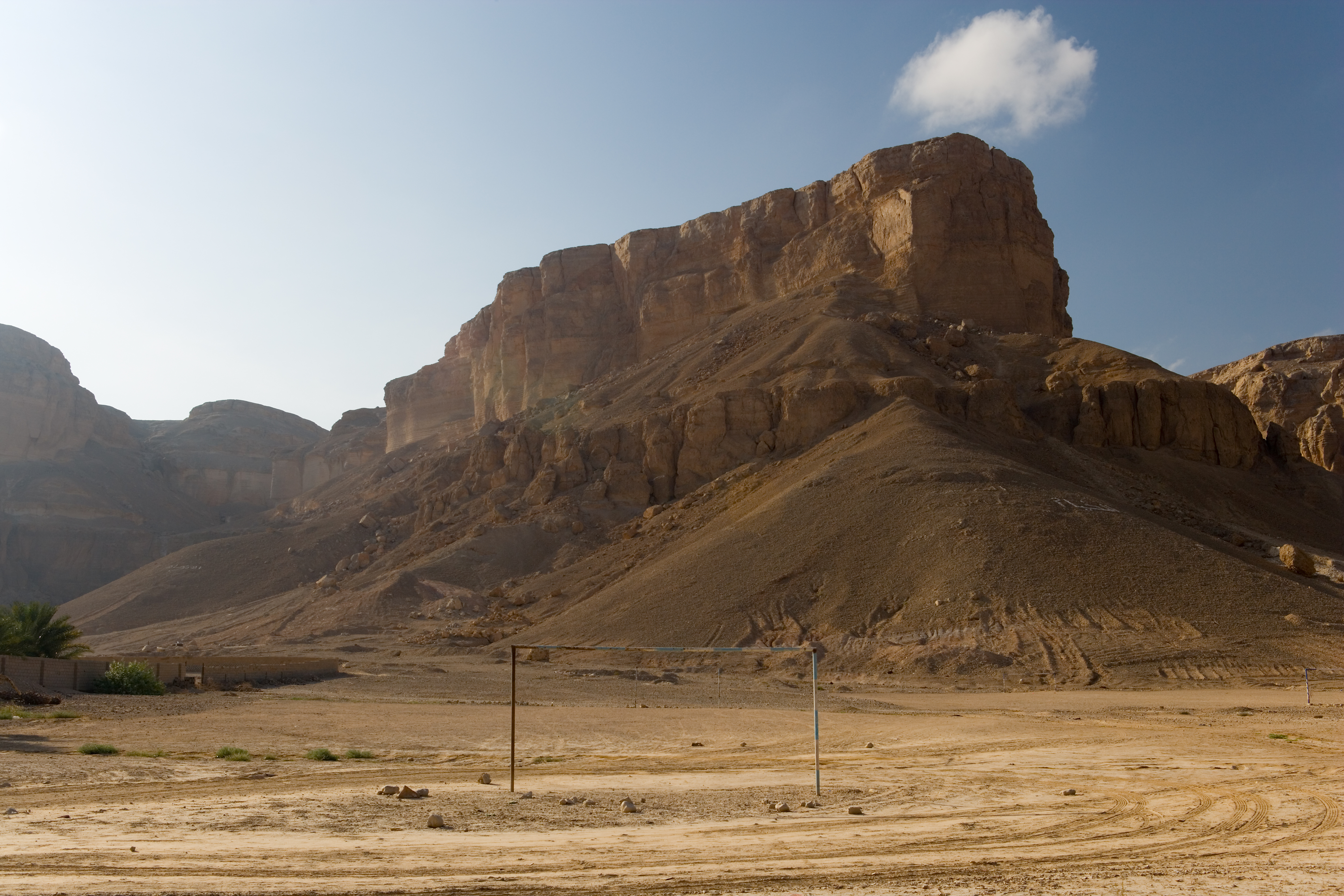
Yemen is under a "Do Not Travel" advisory due to active armed conflict, terrorism, kidnapping, and a devastating humanitarian crisis, including widespread famine and disease. Houthi forces, al-Qaida, and ISIS affiliates operate in the country. There is no U.S. diplomatic presence to assist citizens. The full story is a nation shattered by years of war, making it exceptionally dangerous and inaccessible.
20. Gaza: Active Conflict Zone
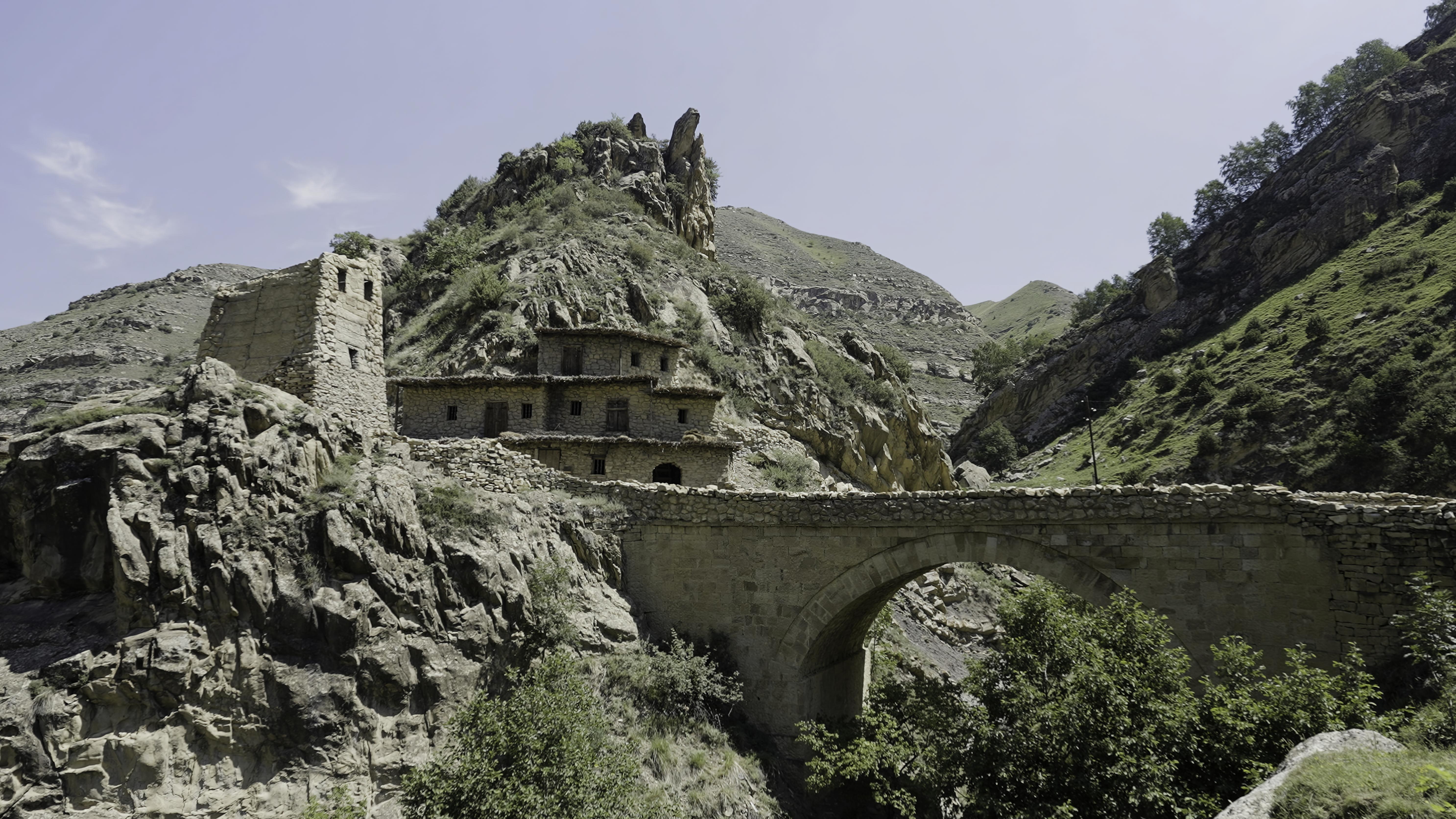
The Gaza Strip remains under a "Do Not Travel" advisory due to ongoing armed conflict between Israel and Hamas, terrorism, and civil unrest. The area is subject to rocket fire, airstrikes, and ground operations. Movement is severely restricted, and the humanitarian situation is dire. The U.S. government has extremely limited ability to provide emergency services to U.S. citizens. The full story is an active and intense conflict zone with extreme risks.
21. Niger: Volatile Security & Coup Aftermath
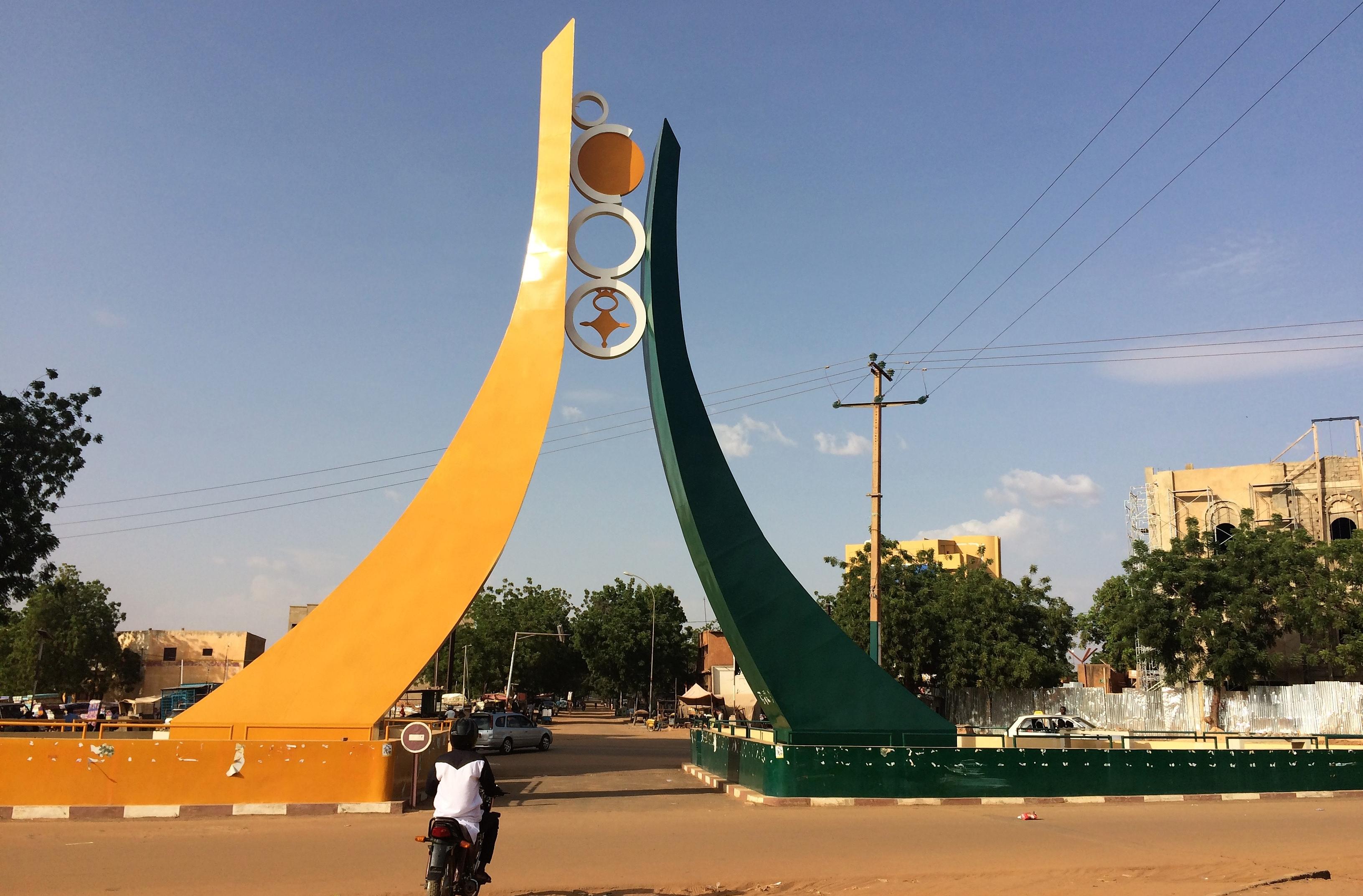
Niger is under a "Do Not Travel" advisory due to crime, terrorism, kidnapping, and the volatile political situation following the 2023 military coup. Extremist groups operate in border regions, and the risk of attacks and abductions is high, including in the capital, Niamey. The capacity of security forces is limited. The full story is a nation facing significant internal and regional instability, making travel dangerous for Americans.
22. Spain: Terrorism & Civil Unrest Concerns

Spain is now at "Level 2: Exercise Increased Caution" due to the persistent threat of terrorism and the potential for civil unrest. While generally safe, terrorist groups continue to plot attacks in Europe, often targeting tourist locations. Demonstrations, sometimes turning confrontational, can occur. The full story for Americans is to maintain heightened awareness in crowded areas, monitor local media for protest information, and be prepared for potential disruptions, even in this popular and welcoming destination.
23. Germany: Heightened Terrorism Threat Awareness

Germany also carries a "Level 2: Exercise Increased Caution" advisory, primarily due to the ongoing threat of terrorism across Europe. Security measures are visible, but attacks can occur with little warning, especially in public venues, transportation hubs, and at large gatherings. The full story for travelers is to remain vigilant, be aware of surroundings, and follow instructions from local authorities. While Germany is a safe country with excellent infrastructure, this advisory underscores a persistent, albeit low-probability, risk requiring sensible precautions.
Navigating a Complex World: Travel Smart, Stay Safe

As we've explored these 23 diverse global situations, it's clear that informed travel in 2025 requires more than just a passport and a destination—it demands awareness and careful consideration. From active war zones to nations with specific internal risks or heightened regional threats, the U.S. State Department advisories offer a crucial, though sometimes sobering, lens. "The full story" behind each warning reveals the intricate tapestry of geopolitical realities, local safety concerns, and potential hazards. This knowledge isn't meant to deter exploration entirely, but to empower American travelers to make responsible choices, prioritize their safety, and navigate our complex, interconnected world with wisdom and preparedness, ensuring their journeys enrich rather than endanger.




